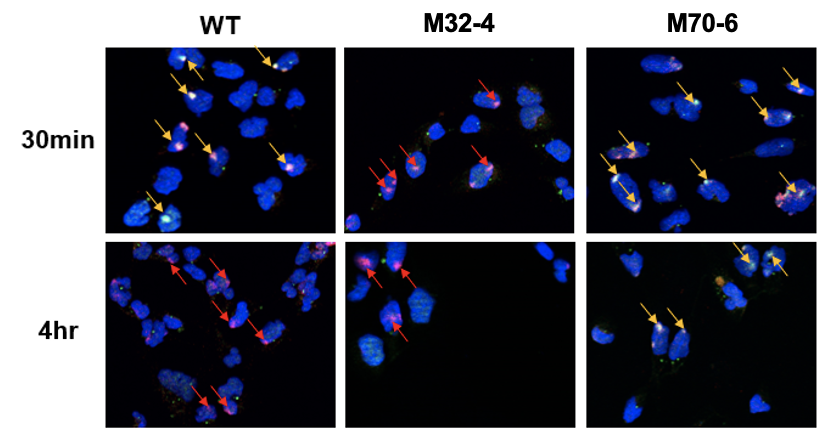兄弟姉妹の誕生に伴う生理的変化を世界で初めて解明 First-of-its-kind study identifies physiological changes in the transition to siblinghood
2022-09-28 マックス・プランク研究所
 Young bonobos as old as eight years suffer long-lasting stress after the birth of a sibling.
Young bonobos as old as eight years suffer long-lasting stress after the birth of a sibling.
© MPI of Animal Behavior/ Christian Ziegler
ボノボ(コンゴの熱帯雨林にのみ生息する類人猿)は、兄弟姉妹の誕生後、ストレスホルモンであるコルチゾールの濃度が5倍高くなり、免疫反応も低下し、それが数カ月間持続した。この研究の国際的な研究チームは、このストレス反応が兄弟の誕生によるものであり、若いボノボが必然的に経験する自然な離乳過程によるものではないことを示すことができた。
<関連情報>
- https://www.mpg.de/19301177/0928-ornr-birth-of-a-sibling-triggers-long-lasting-stress-in-young-bonobos-987453-x
- https://elifesciences.org/articles/77227
兄弟姉妹への移行は、野生のボノボの尿中コルチゾールレベルの実質的かつ長期的な上昇を引き起こす Transition to siblinghood causes a substantial and long-lasting increase in urinary cortisol levels in wild bonobos
Verena Behringer ,Andreas Berghänel,Tobias Deschner,Sean M Lee,Barbara Fruth,Gottfried Hohmann
eLife Published:Aug 30, 2022
DOI:https://doi.org/10.7554/eLife.77227
Abstract
In animals with slow ontogeny and long-term maternal investment, immatures are likely to experience the birth of a younger sibling before reaching maturity. In these species, the birth of a sibling marks a major event in an offspring’s early life as the older siblings experience a decrease in maternal support. The transition to siblinghood (TTS) is often considered to be stressful for the older offspring, but physiological evidence is lacking. To explore the TTS in wild bonobos, we investigated physiological changes in urinary cortisol (stress response), neopterin (cell-mediated immunity), and total triiodothyronine (T3, metabolic rate), as well as changes in behaviors that reflect the mother–offspring relationship. Following a sibling’s birth, urinary cortisol levels of the older offspring increased fivefold, independent of their age, and remained elevated for 7 months. The cortisol level increase was associated with declining neopterin levels; however, T3 levels and behavioral measures did not change. Our results indicate that the TTS is accompanied by elevated cortisol levels and that this change does not coincide with nutritional weaning and attainment of physical independence. Our results suggest that bonobos and humans experience TTS in similar ways and that this developmental event may have emerged in the last common ancestor.


